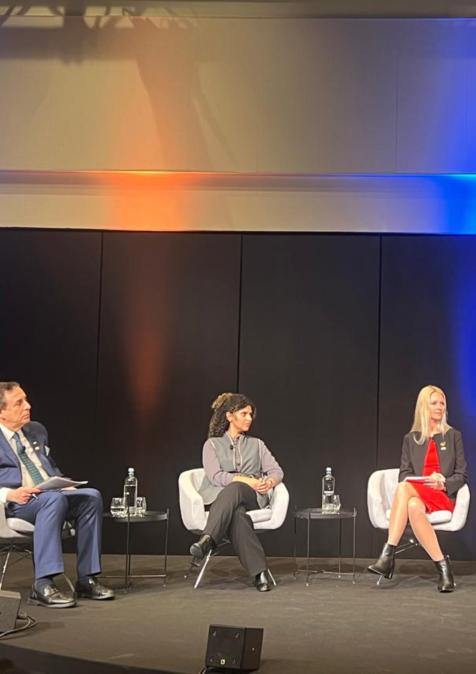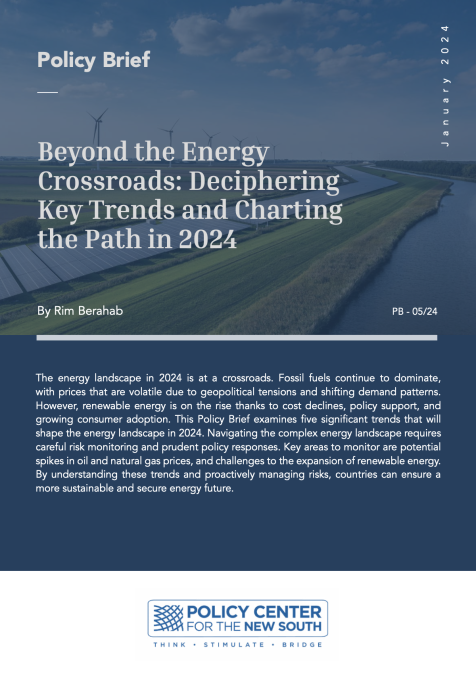Podcasts
Echoes of the Earth - Climate-Resilient Infrastructure in Urban Coastal Areas
22
May
2024
Related topics:
In this episode of Echoes of the Earth, we explore the topic of climate-resilient infrastructure in urban coastal areas with ADEL alumna Nadia Makara. Nadia explains what climate-resilient infrastructure entails and its importance for cities facing climate change. She shares inspiring examples of successful projects and discusses the significant challenges in implementing these initiatives. Nadia also delves into how policy decisions at various levels impact these projects and offers recommendations for improving policy frameworks to better support climate resilience. Join us for an insightful discussion on safeguarding urban coastal areas against climate change.






